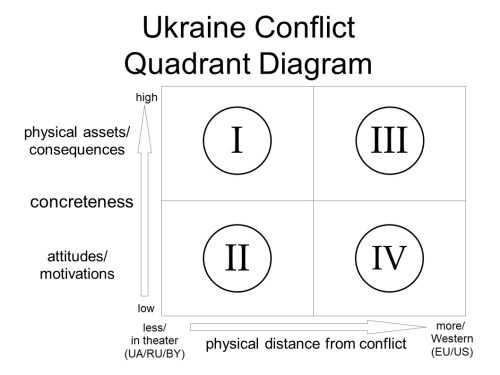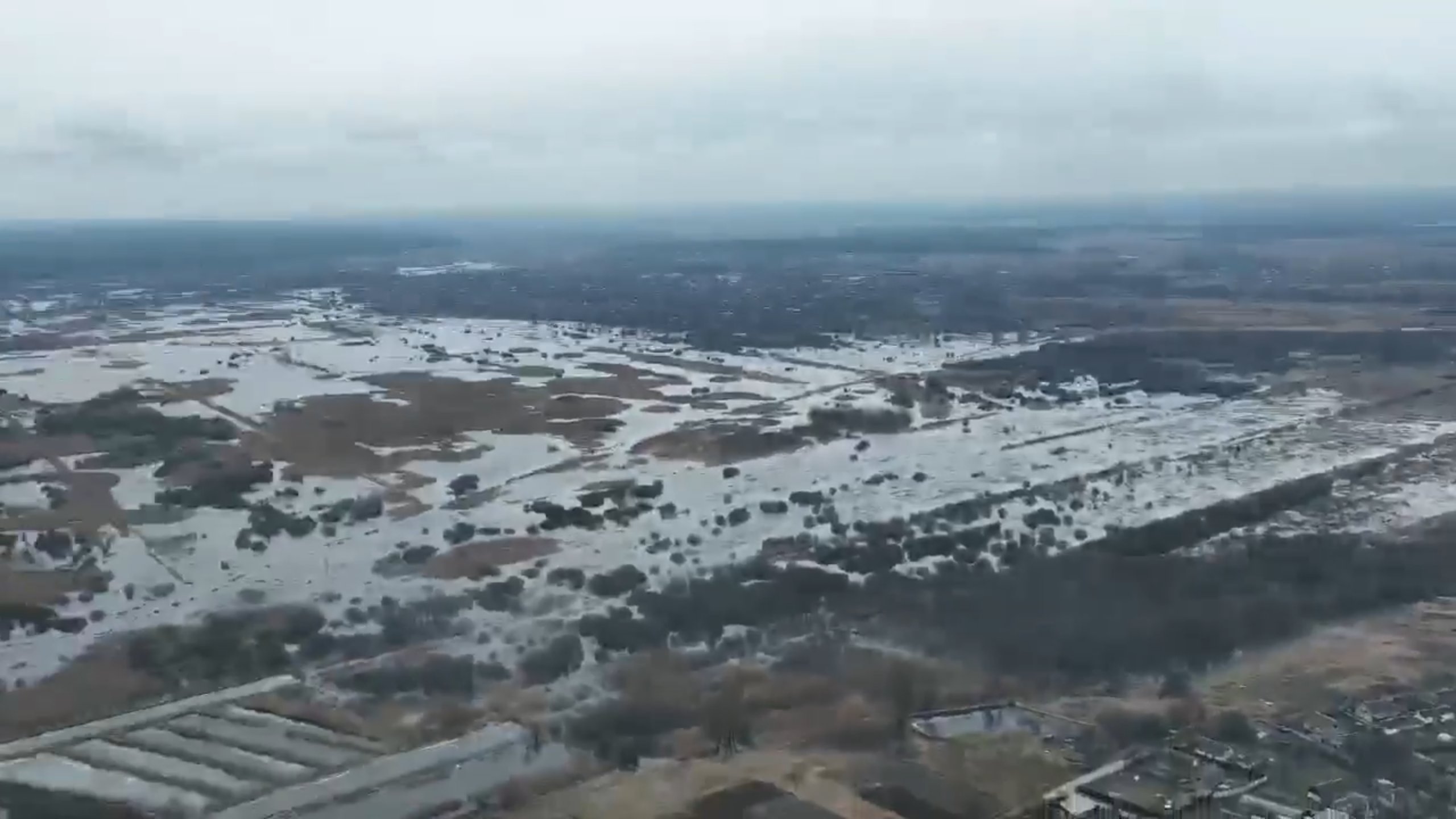Here’s the great French scientist Sadi Carnot, writing in 1824:
To take away England’s steam engines to-day would amount to robbing her of her iron and coal, to drying up her sources of wealth, to ruining her means of prosperity and destroying her great power. The destruction of her shipping, commonly regarded as her source of strength, would perhaps be less disastrous for her.
The wealth and power of a country are strongly related to its energy resources, whether those resources take the form of human slaves, steam engines, hydroelectric dams, oil and gas wells, or nuclear reactors. The fact that Russia possesses energy resources on which many other countries depend has been an enormous factor in that country’s ability to invade Ukraine and in Putin’s belief that the world will let him get away with it.
Wealth and power are sought, in one form or another, by most people. Showing James Boswell around the Boulton & Watt steam engine factory in 1776, Matthew Boulton summed up his business one simple phrase:
I sell here, sir, what all the world desires to have–POWER.
Yet the leaders of the West have, with few exceptions, chosen to reduce the relative power of their countries through their opposition to fossil fuel production and use combined with hostility toward further development of nuclear energy—or even the continued operation of existing nuclear plants. There has been little evidence of serious thinking about realistic limitations of intermittent power sources, even as countries have rushed to make themselves dependent on such sources…nor is there much evidence of serious thinking about the critical-mineral dependencies created by a large-scale switch to wind, solar, and batteries.
So what explains the choice of this path? Has mechanical power ceased to be an important factor in political power, in the destinies of nations? Hardly, as the Russia/Ukraine example makes clear. Or do we somehow have a generation of leaders who don’t care about political power? That, clearly, is also not the case…at least as far as the personal political power of those leaders goes.
I think there are several factors at work:
First, there is the widespread scientific and technical ignorance among political leaders and influential media people. I’ve noticed, for example, that American media coverage of energy storage projects almost always refers to kilowatts, megawatts, and gigawatts as if these terms indicate the storage capacity of a battery or other storage system. They do not. (A 100 megawatt storage system may provide 1 hour, 4 hours, or 20 hours worth of 100-megawatt electricity depending on its megawatt-hour rating. Measuring electrical storage capacity in megawatts is like measuring the capacity of your car’s gas tank in horsepower.) More generally, there is a widespread failure to comprehend just how difficult and expensive it is to store large quantities of electricity and an assumption that if we invest enough in wind and solar, the power will be available on winter nights and in the middle of prolonged snowstorms, ‘somehow’.
Second, there has been a general de-emphasis on the physical attributes of the economy under the belief that we are now in a ‘digital’ or ‘virtual’, or ‘post-industrial’ age. Enterprises and people dealing with physical things have lost political power relative to those that deal in words, images, and code. The Western leaders of 1950, or even 1970, would have been a lot more cautious about deliberately creating energy dependency on a likely-hostile power.
Third, many politicians–and many of the academics and other “experts” advising them–simply do not identify closely with their own nations and with the people and culture of those nations. This is also true of a high proportion of influential media figures. There is a strong thread of belief in the U.S. Democratic Party that America is too wealthy, too powerful, too dangerous–that it is country that is “just downright mean,” in the words of a former First Lady. The same is true of much of the Left in other Western countries. And if you think these things about a country and its people, you’re not likely to want to increase–or even sustain–its power.
That’s true especially if you decouple the power of your country from your own personal power and well-being. And I think “progressive” politicians, and many members of academic and even business elites, often do see themselves as inhabiting a transnational space in which their personal well-being is not strongly coupled to that of their countries.
Fourth, in a world in which organized religion has become increasingly marginal, there are a lot of people looking for causes in which to believe. ‘Green energy’ is such a cause, and the specter of Climate Change gives it apocalyptic power. And when people believe they are facing the apocalypse—that the planet is soon going to burn—they’re not likely to look too carefully at those things advertised to avoid the burning.
Fifth, societies across the western world have become much more risk-averse. The question of why this shift has occurred, and of its positive and negative attributes, merits a separate article—but it’s pretty obvious that it has happened. And the consequences for energy development have been very significant, particularly in the case of nuclear energy.
Read more

